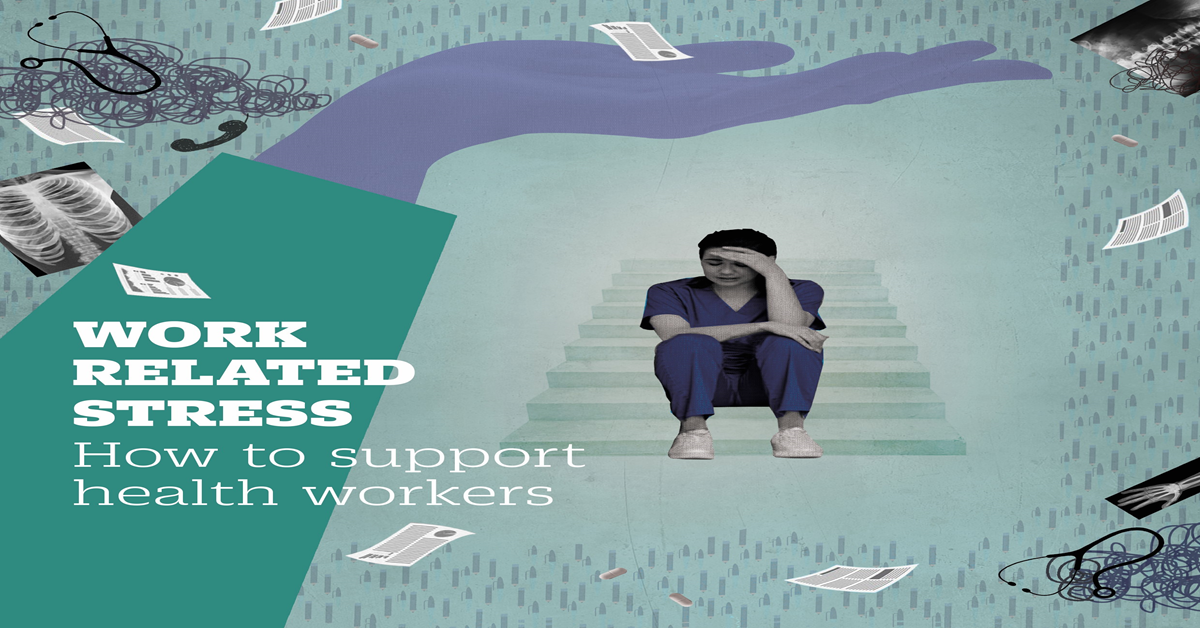“People find it very hard to accept that there is structural or institutional racism—and even harder to call it out,” reflects chief medical officer and consultant psychiatrist Ananta Dave. “Then there’s a further step to take—doing something about it.”
Dave, who has faced overt and indirect discrimination during her career, says “doing something about it” has become the core of her mission as a clinical leader.
“I didn’t have that confidence or that voice for a long time, but I realised that for every person who was negatively impacting me or would discriminate against me or behave in a prejudicial manner, there was somebody who was willing to support me and say ‘I know you can do this so why don’t you apply,’ to have my back when things went wrong.”
The number of allies were few, she says, “compared with the numbers of people who were prejudiced against me as a woman of colour coming from abroad and taking their senior positions.”
But today she makes it her business to challenge existing structures and any sexism and racism in the workplace.
Dave, who qualified in 1992 from the University of Mumbai in India, soon moved into psychiatry as a specialty in India and then moved to the UK in 1995, where she settled.
A successful career led to her becoming a consultant child and adolescent psychiatrist and then the medical director at Lincolnshire Partnership NHS Foundation Trust between 2019 and 2022.
Ensuring that neglected communities are supported has been an important focus. During her career, she has helped set up new services such as suicide bereavement and support for staff, an autism spectrum disorders clinic, and a child and adolescent mental health services clinic for asylum seekers and refugee children. Earlier this year she took up her current post as chief medical officer for the Black Country Integrated Care Board.
“Whether it is about aspiring to enter medicine or taking up a leadership position within the NHS, there are certain groups which traditionally have not had those same opportunities and have not been taken that seriously, with barriers because of discrimination and stereotyping,” she explains.
“I belong to that category as an immigrant and a woman of colour. My journey through the NHS has not been easy,” she adds, saying that now she is in a senior position, she wants to “pay it forward.”
“There are people—the next generation of doctors and my contemporaries—who have a huge amount to offer to the NHS but who have not been able to overcome those barriers and access those opportunities.”
She has spent time doing workshops for school sixth formers, talking to them about medicine as a career. “I have gone into comprehensive schools where the teachers have said we’ve never really had anyone go from this school to do medicine and we’ve never talked about it. That ambition and aspiration has not been created, nurtured, or encouraged.
“Those are the barriers I wanted to break down and I want to make aspiration accessible to everyone, regardless of their background.”
During her career, through her senior medical leadership roles and as president of the British Indian Psychiatric Association, she has mentored hundreds of colleagues.
“I have mentored and coached numerous people in my spare time—people from diverse backgrounds and women. I’ve encouraged them to apply for senior positions such as clinical directors, medical directors, and for national posts.”
As for what qualities she tries to model and encourage from her colleagues, she says, “I try to encourage people to be themselves—be authentic and be proud of your identity whatever you are and wherever you’re from.”
Nominated by Mina Bobdey
“Ananta Dave has inspired me by providing leadership and guidance to female doctors from ethnic minorities, including me.
“She was president of the British Indian Psychiatric Association, and her leadership was inspiring. She has always believed in equality and strives to achieve this in her workplace and personal life.
“I was a senior house officer with Dr Dave in India and have had plenty of opportunities to learn from her—she showed dedication to both patients and trainees. In Lincolnshire, where I have worked under her, she left a mark with her ethical and caring attitude. She empowers doctors by her acceptance, listening, and support—at work and with personal struggles.
As a friend and mentor, she empowers me to be truthful and raise my voice against inequality.”
-
Mina Bobdey is a consultant psychiatrist at East London NHS Foundation Trust
Source:- BMJ (Published on 29/11/2022)
Cite this as: BMJ 2022;379:o2828





